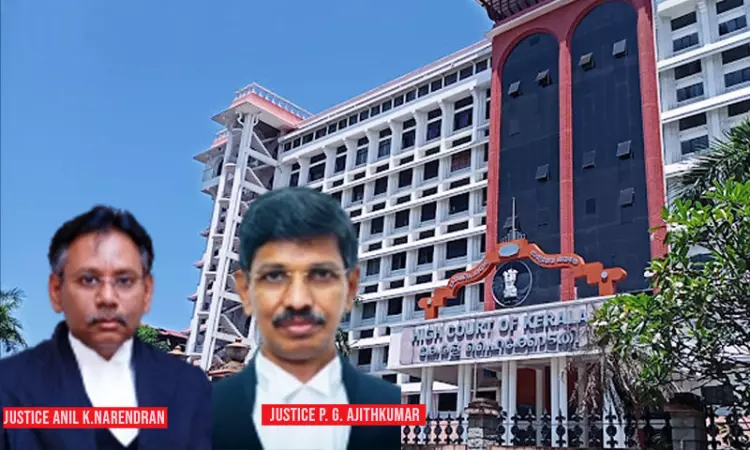The Kerala High Court on Monday held that a person actively involved in politics, whether or not holding an official post, is not eligible to be appointed as a non-hereditary trustee in temples under the Malabar Devaswom Board. A division bench comprising of Justice Anil K.Narendran and Justice P.G. Ajithkumar was hearing a plea challenging the appointment of certain persons as...

